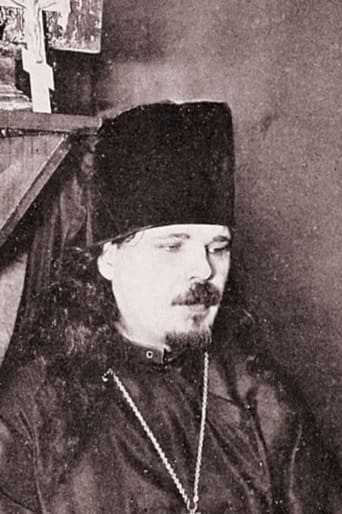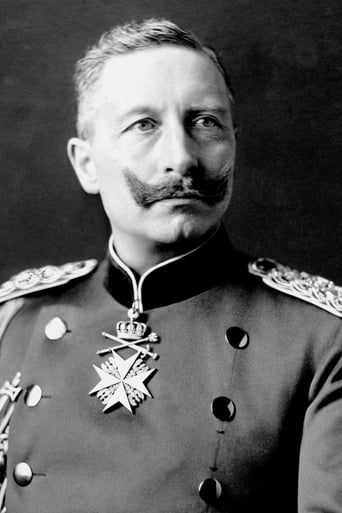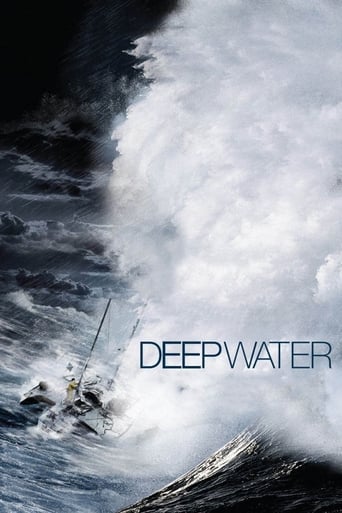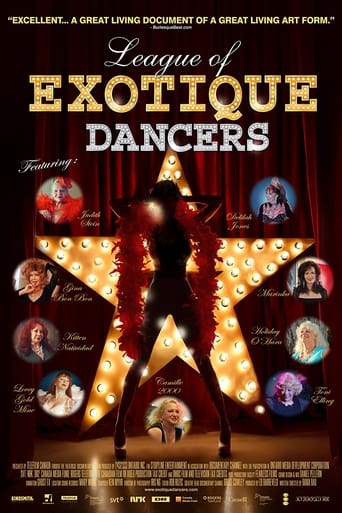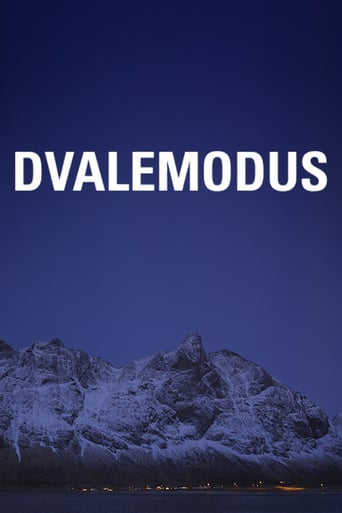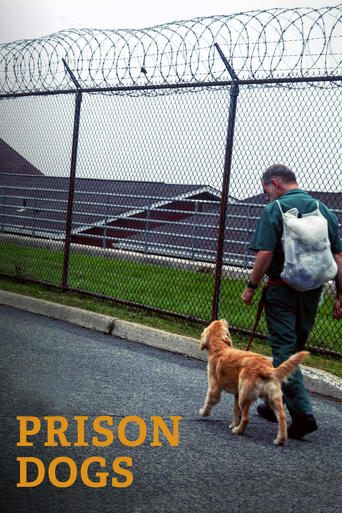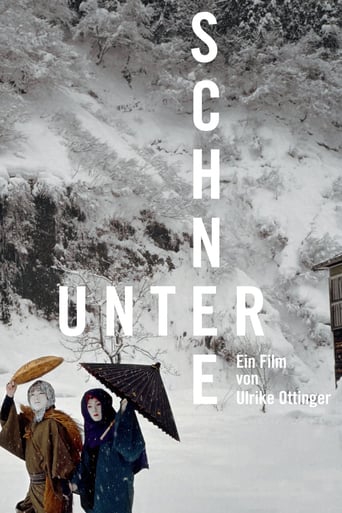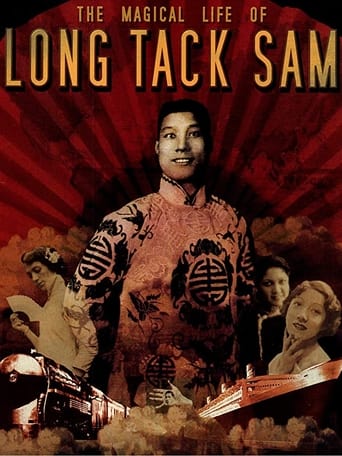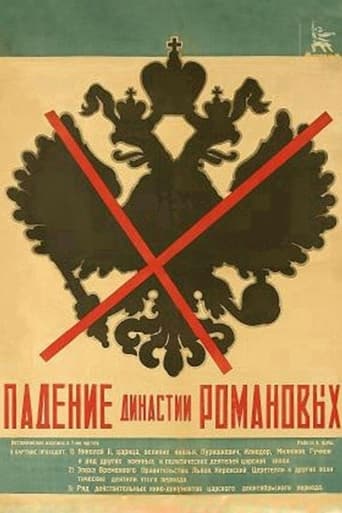
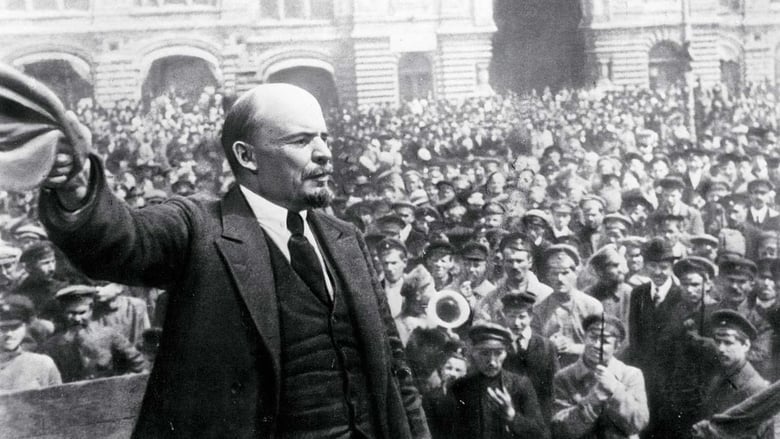
The Fall of the Romanov Dynasty (1927)
A compilation of newsreels shot between 1913 and 1917 - the years leading up to the Russian Revolution.
Watch Trailer
Cast
Similar titles
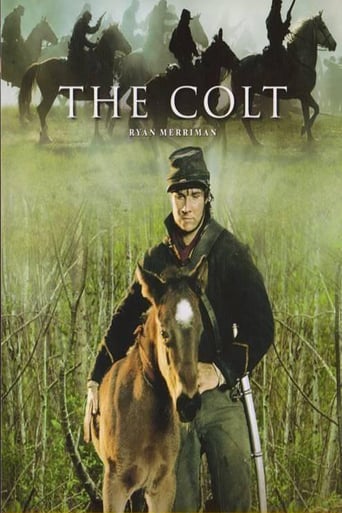

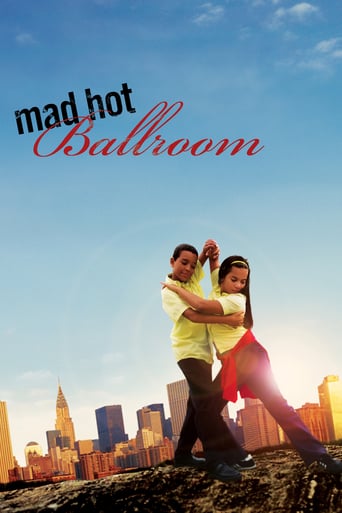
Reviews
best movie i've ever seen.
Through painfully honest and emotional moments, the movie becomes irresistibly relatable
Just intense enough to provide a much-needed diversion, just lightweight enough to make you forget about it soon after it’s over. It’s not exactly “good,” per se, but it does what it sets out to do in terms of putting us on edge, which makes it … successful?
An old-fashioned movie made with new-fashioned finesse.
After an initial viewing, Esfir Shub's Fall of the Romanov Dynasty appeared fairly unremarkable in its presentation. Concerning structure, the film chronologically moves towards the fate that is predestined in its title with title cards giving context to the scenes. Without a score to accompany it (the version I watched), it is a fairly dry viewing experience after watching Vertov's 'documentary' Man With a Movie Camera. However, the comparison here isn't very appropriate considering that the aims of the filmmakers were not closely aligned at all. Shub's film compiles archival footage with the intention of forming a coherent historical record. Her objectivity is certainly debatable. The aloofness of the nobility is inter-cut with the toil of laborers in the fields. The full regalia of Russia's leading military men and the white, virginal dresses of noble women are put against the humble shawls of impoverished city dwellers. The individual leaders of the monarchists are featured prominently while crowds of dissidents replace the screen time of the Bolshevik leaders, an attempt by Shub to play on the revolution as populist movement. While the misleading nature of the film is a little off putting (for example capitalists are explicitly blamed for World War I), Shub's patience in the editing room and her ability to showcase tension between estranged classes of people visually redeem the film as a whole.
The strength of The Fall of the Romanov Dynasty is its collection of significant historical scenes, and that is probably enough to enjoy the movie despite its half-hearted attempts at delivering political and social statements. Despite what the title of the movie would have you believe, this is not about the Romanov Dynasty, or rather it is only incidentally about the Romanov Dynasty. What this movie is about is the tumultuous time of human history in and around the World War, the Great War, the first war of its kind. It's a subject with such weight that it is best expressed through images and motion, making it ideal for a silent film.An actual documentary of the Romanov Dynasty would need additional context to express its point, but hundreds of soldier marching across a crowd many times that size, or an enormous ship sinking, are both scenes that can be understood without narration. The bulk of the film is a collage of these sorts of scenes, and choosing to watch that is sufficient reason to watch the film, but unfortunately there's more. The film decided it needed a message and motive, and the one it chose is the evils of luxury and capitalism and they're disregard for the common man. For a person that subscribes to the ideology some of the imagery can incite righteous anger, for a person who doesn't some of the phrases used feel a lot like propaganda In either case the effect feels inconsequential when compared to the other subject of the film, similar to how the gravity of the moon is important not nearly as relevant as the gravity of the earth.TL;DR: The movie has great historical footage of war and some of the important characters involved, but also scenes of workers, capitalists, estates, government officials, etc. that appear unnecessary and maybe even unwanted.
The fall of the Romanov Dynasty (1927), directed by Esfir Shub, is a documentary narrative constructed entirely of newsreel footage before the revolution. Her use of captions makes the film a lot easier for the audience to fully grasp the various scenes, which are presented to us in a sort of chronological order. At the beginning she provides us with a fairly obvious juxtaposition of the lives of the Imperial family and the poor working class. Depicting the gap between the lower class and the upper class, which only seems to be widening. A scene that seemed to especially show this was when nobles were having a tea party and once they were finished the workers would come in and clean up. There's a hint of bitter satire that can be felt throughout the entire film as an impending revolution is approaching, which seems to be unavoidable. This war that didn't seem to be supported by the general public and only benefited the Imperial family and his loyal subjects, which consisted of senators, civil servants, and the head of press. Had loss all support after the mass destruction leading to a revolt all because of the neglect from the Tsar and his ministers.
This insight into the events leading up to the 1917 revolution wasn't anywhere near as interesting as I thought it was going to be, largely perhaps because it was presumably made under the watchful eye of the Communist dictatorship meaning that what ended up on screen was always going to be one sided. Although it begins by showing the various elements of the Russian political, religious and societal landscape, the film does tend to focus more on the little man and the peasants and the impact the Great War had on the possibility for a revolution to take place. The old order are largely portrayed as malevolently grinning buffoons while the likes of Lenin are barely glimpsed at all. And while we see many shots of large crowds gathered in the streets of St. Petersburg, we see no riots or bloodshed and, essentially, fail to really get a flavour of the times and of how much excitement must have been buzzing around the city streets in those heady days. Those poor mugs must really have believed the days of utopian bliss had arrived

